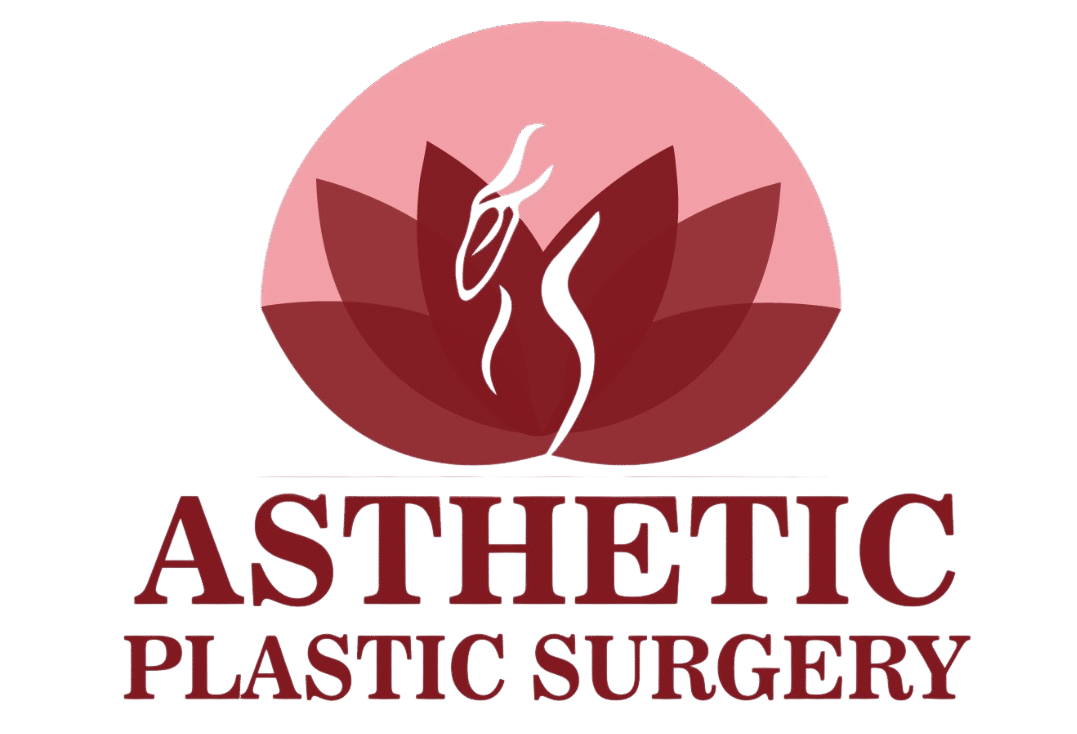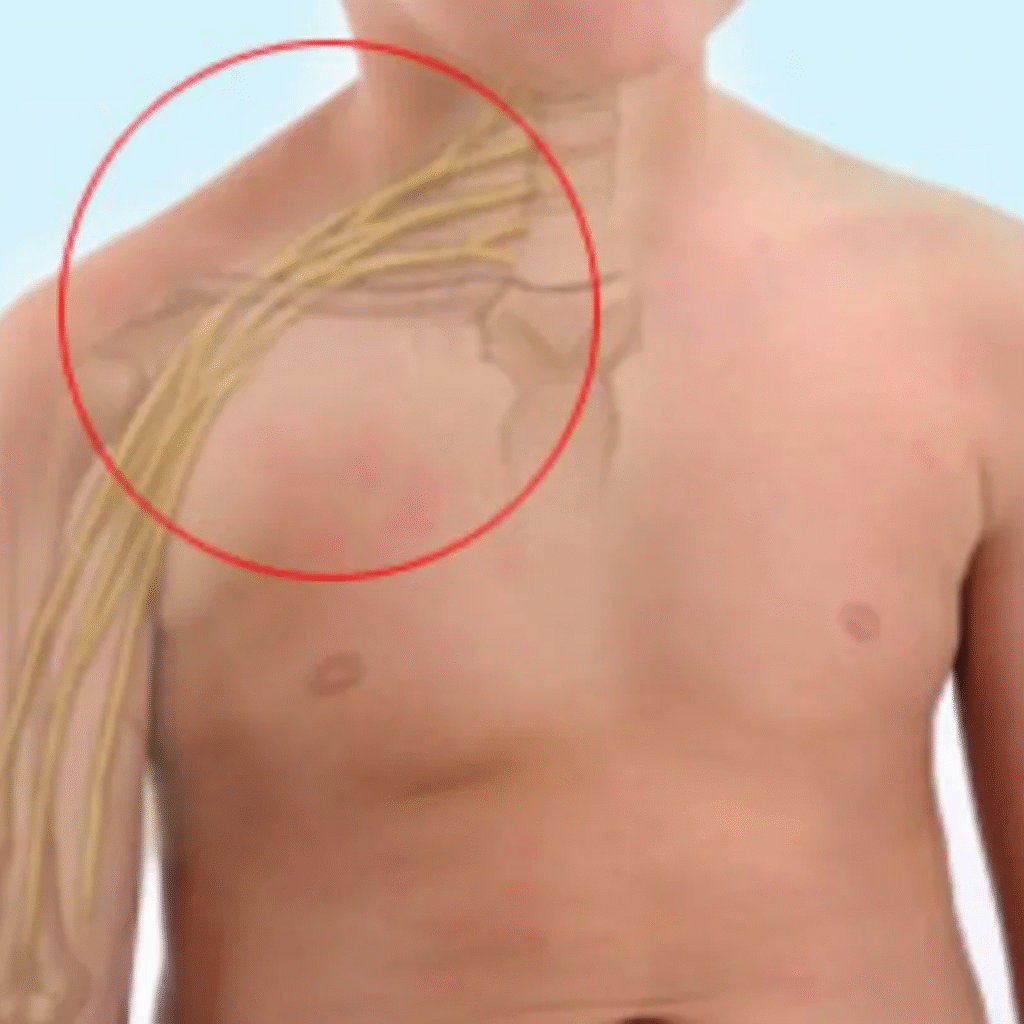Brachial Plexus Surgery
Confidence Begins with Expert Care
Satisfied Patients
Year of Experience
Satisfied Patient
Awards
What is Brachial Plexus Surgery?
Brachial Plexus Surgery is a specialized procedure designed to repair injuries to the brachial plexus — a complex network of nerves that controls movement and sensation in the shoulder, arm, and hand. These injuries can occur due to trauma, difficult childbirth, tumors, or inflammatory conditions and may lead to weakness, numbness, or complete loss of movement in the affected limb. Surgery aims to restore as much function as possible through nerve repair, grafting, or transfer techniques.
What causes it:
- Birth-related injuries: Stretch injuries during difficult deliveries (Erb’s Palsy).
- Tumors or growths: Pressing on the brachial plexus nerves.
- Inflammation or infections: Conditions like Parsonage-Turner Syndrome.
- Radiation therapy side effects: Damage to nerves following cancer treatment.
Symptoms:
- Weakness or complete loss of function in the shoulder, arm, or hand
- Numbness or tingling sensations in the arm or hand
- Burning, sharp, or shooting nerve pain
- Muscle wasting or paralysis in severe cases
- Limited ability to perform daily tasks involving the affected limb
Complete Process
Consultation & Planning
We perform a detailed physical exam, review medical history, and assess the glandular vs. fatty composition of your chest. Blood tests and imaging may be advised to rule out underlying causes.
Customized Surgical Planning
Depending on the tissue type and severity, we may perform ,Liposuction (for fatty tissue removal) , Glandular excision (for firm breast tissue) , Skin tightening or repositioning (in higher grades)
Daycare Procedure & Recovery
The surgery is usually done under local or general anesthesia and takes about 1–2 hours. Patients can return home the same day, with minimal downtime.
Post-Operative Care & Results
Compression garments are provided to reduce swelling and support healing. Results are typically visible within weeks and improve over the following months.
Why Choose Us for Brachial Plexus Surgery?
- Board-certified plastic, reconstructive, and peripheral nerve surgeons specializing in brachial plexus injuries
- Advanced microsurgical techniques for nerve repair, grafting, and transfers
- Experience with both adult and pediatric brachial plexus cases
- Patient-centered, compassionate care focused on functional recovery
- Clear and affordable treatment plans with high patient satisfaction
- Comprehensive rehabilitation and therapy for optimal long-term outcomes


Need Help?
Patient Care Tips After Treatment
- Follow all post-operative instructions carefully
- Attend all scheduled follow-up appointments
- Participate fully in recommended physiotherapy and occupational therapy
- Avoid heavy lifting, sudden movements, or pressure
- Maintain a healthy diet and lifestyle
- Report any unusual pain, weakness, or lack of progress
Get In Touch!
We Would Love to Hear from You!
If you’re suffering from a brachial plexus injury, seeking expert, personalized treatment, contact us today for a private consultation.
+91-98765-43210
info@astheticplasticsurgery.com
Asthetic Plastic Surgery 2nd Floor, Wellness Plaza South Extension, New Delhi – 110049
Testimonials
Hear directly from our patients as they share their personal journeys—how expert care, advanced procedures, and compassionate support helped them regain confidence and improve their quality of life. These testimonials reflect the transformative impact of our work and the dedication we bring to every patient’s experience.
"After a motorcycle accident, I lost most movement in my right arm. I was devastated. The team explained everything clearly and guided me through Brachial Plexus surgery. Today, I can lift, grip, and even write again. I got my life back!"
Explore Our Latest Blogs
Discover insightful articles covering treatments, recovery tips, real patient experiences, and the latest advancements in medical care. Whether you’re exploring your options or seeking to better understand a condition, our blogs offer reliable information and compassionate guidance to support you every step of the way.
FAQ
Frequently Asked Questions
Surgery is considered when there is no significant improvement in muscle function or movement within 3–6 months after the injury, or in cases of severe nerve damage like complete rupture or avulsion.
Depending on the injury, procedures may include nerve grafts, nerve transfers, muscle transfers, or tendon transfers. Your surgeon will recommend the best option based on the extent and location of the damage.
The surgery is performed under anesthesia, so there is no pain during the procedure. Post-operative discomfort is common but manageable with pain medication and care instructions.
Initial healing may take a few weeks, but nerve regeneration is slow—typically 1 mm per day. Full recovery of function may take 12–18 months and often requires regular physiotherapy.
Recovery varies case by case. While some patients regain substantial function, the extent of recovery depends on the injury’s severity, timing of surgery, and rehabilitation consistency.
Yes, rehabilitation is crucial. Physiotherapy helps strengthen muscles, retrain nerves, and maximize function, especially as nerves regenerate slowly.

